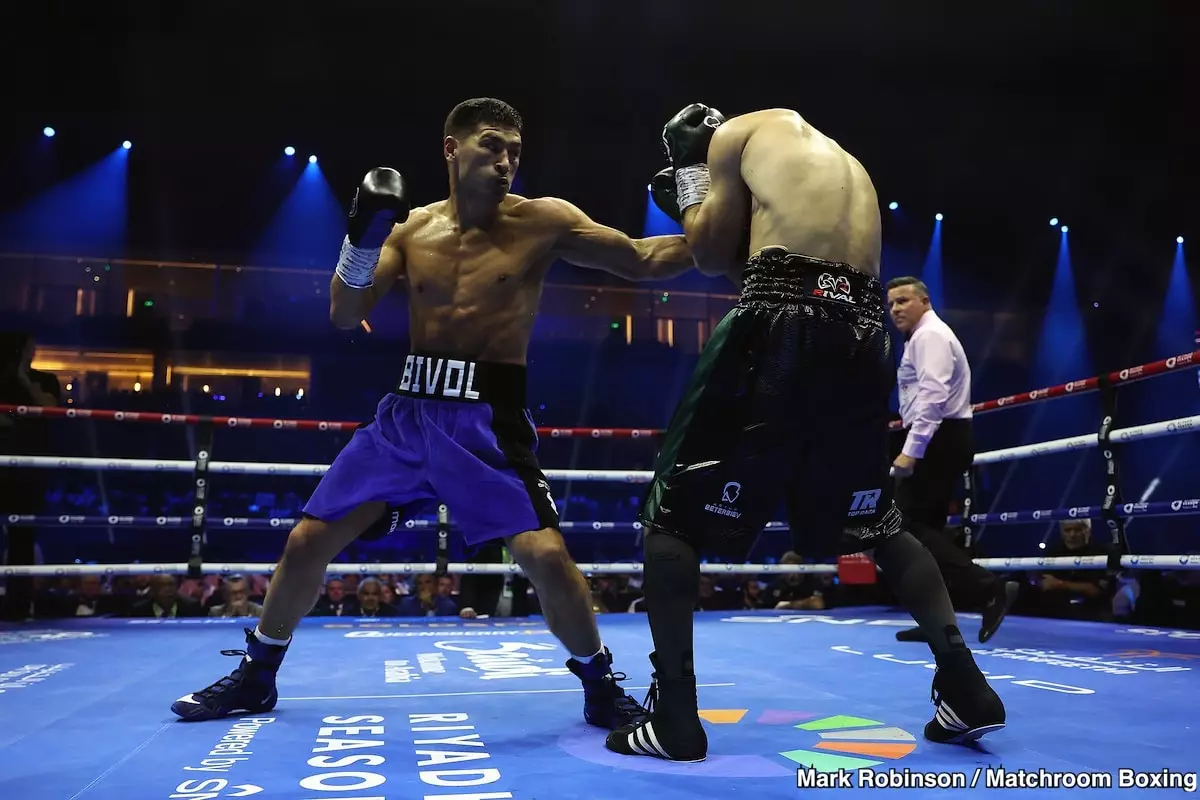The rematch between Artur Beterbiev and Dmitry Bivol, scheduled for February 22nd in Riyadh, is positioned to be one of the most anticipated boxing events in recent memory. Not only do boxing enthusiasts expect an intense and closely contested bout, but the fight is also made more accessible through its pricing—£19.99 for UK spectators and $25.99 for U.S. fans. This pricing strategy is likely designed to draw in those who might otherwise hesitate to spend large sums, ranging from $90 to $100, on a pay-per-view event.
While the main event is generating buzz, the undercard has sparked a fair share of debate. Critics argue that the inclusion of Daniel Dubois vs. Joseph Parker in a co-feature position is misplaced. With a significant crossover audience primarily focused on Beterbiev and Bivol, this matchup may not hold the same appeal for American viewers. The co-main attraction is crucial, as it sets the tone for the evening and engages a diverse boxing fan base.
Furthermore, the pairing of WBC champion Carlos Adames against Hamzah Sheeraz does little to bolster excitement; instead, it feels more at home on a preliminary card than the main event. Enthusiasts would prefer to see potential matchups with heavier stakes and wider interest, such as Israil Madrimov facing Vergil Ortiz Jr., who could deliver a high-octane, crowd-pleasing performance.
Israil Madrimov’s potential inclusion against Vergil Ortiz Jr. significantly adds another layer of intrigue to the event, provided he emerges unscathed from his upcoming match against Serhii Bohachuk on December 21st. However, the compressed time frame leaves little room for recovery should the bout prove taxing. The consequences of injury could sideline Madrimov, leaving fans deprived of an exciting clash that truly reflects the spirit of the event. The narrative surrounding the February 22nd card suddenly becomes not only about the fighters’ skill but also about their ability to navigate the physical demands placed upon them.
Boxing analysts, including Gareth A. Davies, have weighed in on the rematch dynamics between Beterbiev and Bivol. Their commentary suggests a potential evolution in fight strategy, as Bivol is anticipated to be more dynamic and agile. His emphasis on maintaining activity in both early and late rounds could change the course of the fight.
Davies also shared insights into Beterbiev’s mindset. With a realization of his capacity to apply relentless pressure effectively, Beterbiev is gearing up to take assertive control from the outset. The narrative hints that Bivol may struggle to weather this onslaught, suggesting a potential shift in the fight’s trajectory compared to their first encounter. Such a dynamic raises questions about Bivol’s mental fortitude in the face of adversity.
Beyond the punches thrown and the strategies employed in the ring, the Beterbiev vs. Bivol rematch represents a convergence of competitive spirit, promotional savvy, and fan engagement. The pricing structure, the carefully selected card mix, and the debates that ensue underscore just how pivotal this event is for the boxing community. As everyone waits with bated breath for February 22nd, the attention will be not just on who emerges victorious, but on the broader narrative of recovery, strategy, and the rich tapestry of boxing itself. This event has the potential to redefine rivalries and shape futures in a sport built on anticipation and the relentless pursuit of greatness.

